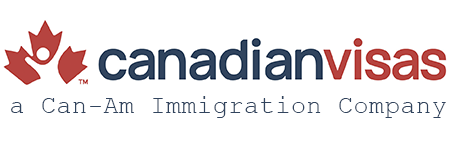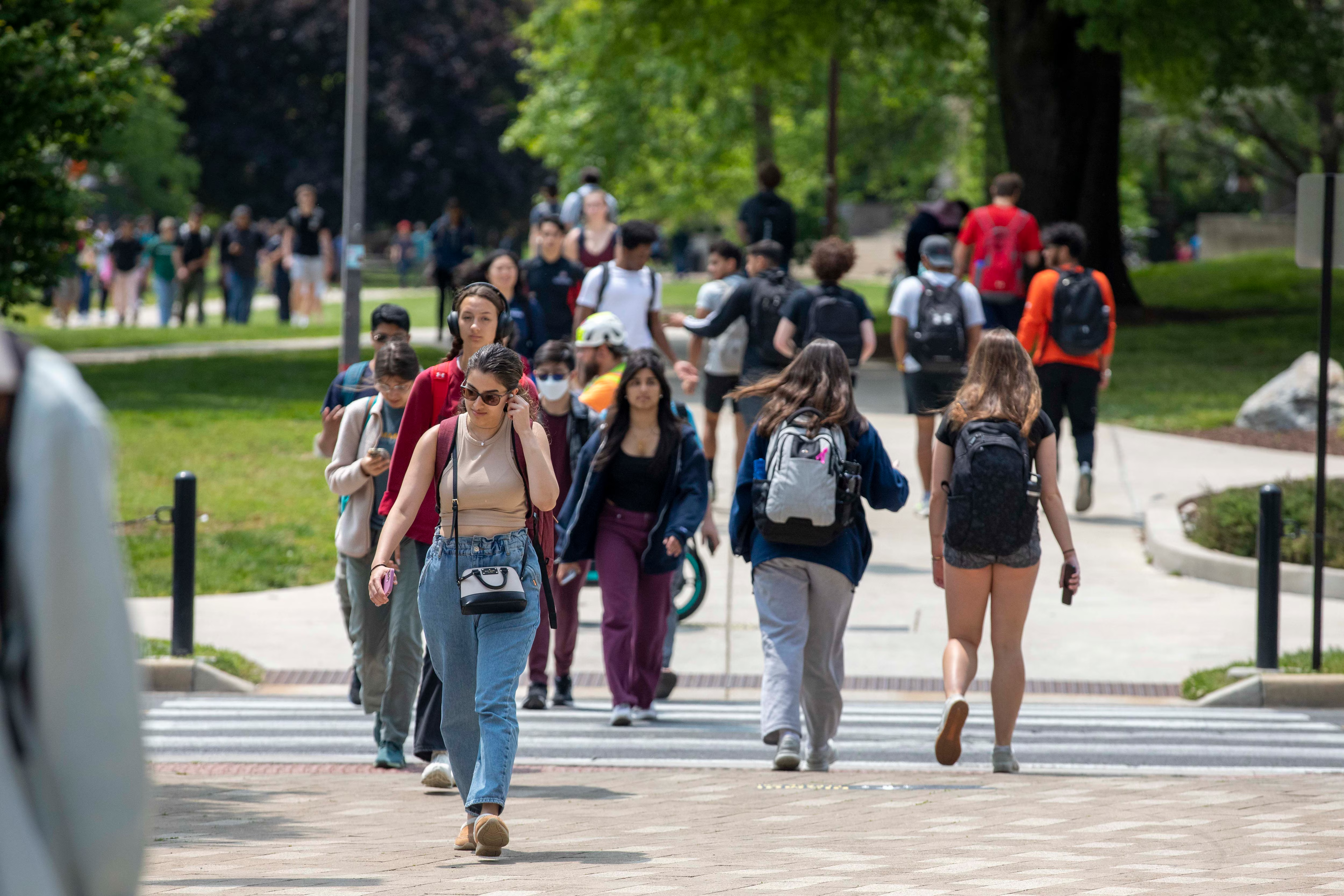Canada is set to halt processing study permits for colleges and universities that do not monitor international students’ enrollment, according to new government plans.
Under the proposed regulations, post-secondary institutions must inform the federal Immigration Department about whether international students are attending classes and complying with study permit conditions.
This initiative aims to bolster confidence in Canada’s international student program. As outlined in the Canada Gazette, students will need to obtain a new study permit each time they switch schools or start a new program.
Federal Oversight and Provincial Jurisdiction
While the federal government is taking steps to enforce these measures, it must navigate the fact that educational governance falls under provincial jurisdiction.
The Immigration Department oversees the entry of international students and sets conditions for study permit holders while in Canada. It also decides whether to issue study permits, although provinces designate which institutions can admit international students.
Federal officials have faced challenges in monitoring students post-entry, including verifying enrollment and compliance before permit extensions or post-graduation work permits are considered.
Integrity Measures and Program Expansion
“The amendments in question are designed to enable IRCC (Immigration, Refugees and Citizenship Canada) to effectively address integrity issues and combat instances of unethical conduct that undermine program integrity,” stated a recent government notice released for public feedback.
Canada saw a significant rise in study permit holders, welcoming over one million in 2023, up from 352,305 in 2015.
The rapidly expanding international student program has garnered attention due to aggressive recruitment by post-secondary institutions and unregulated foreign agents. Many migrants view studying in Canada as a pathway to work and eventually obtain permanent residency.
Policy Adjustments and Proposed Framework
International students have faced blame for Canada’s housing shortages, healthcare demands, and social tensions. In response, Immigration Minister Marc Miller has proposed a two-year limit on new study permits issued.
These proposed adjustments are part of a strategy to implement a “trusted institution framework” this autumn. The framework aims to evaluate designated learning institutions and expedite study permit processing for institutions deemed “trusted,” encouraging responsible student admissions within the sector.
Financial Implications and Off-Campus Work Hours
The projected expenses over the next decade are anticipated to total nearly $87 million in present value, encompassing government implementation costs, expenses for designated learning institutions, and fees for study permit holders seeking to transfer schools.
Additionally, the regulatory revisions propose an increase in the maximum weekly off-campus work hours for international students from 20 to 24 hours, as previously outlined by Miller. This adjustment is aimed at assisting international students in managing rising living expenses, as indicated by government sources
Interested parties are invited to provide feedback on the proposed amendments until July 29.





0 Comments